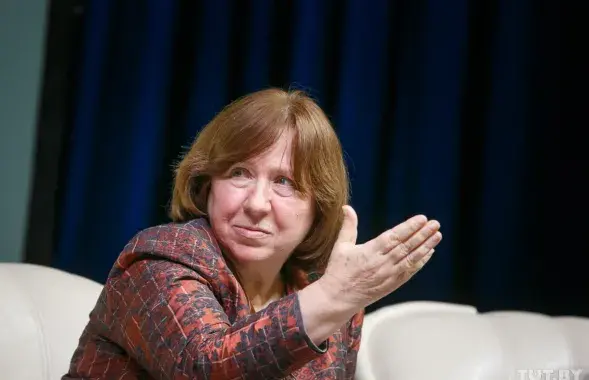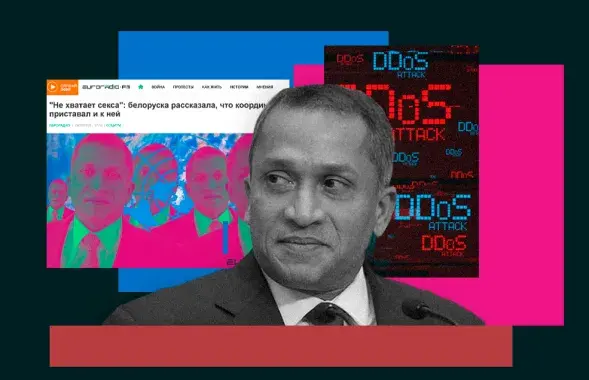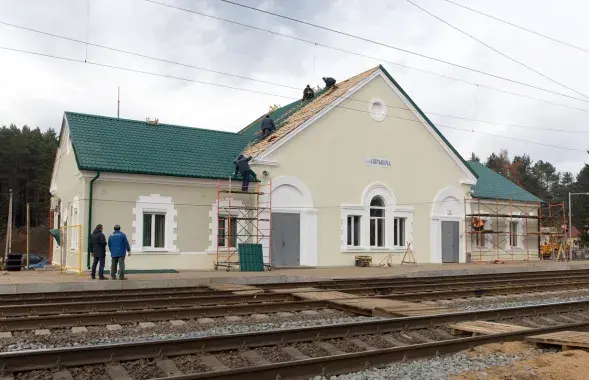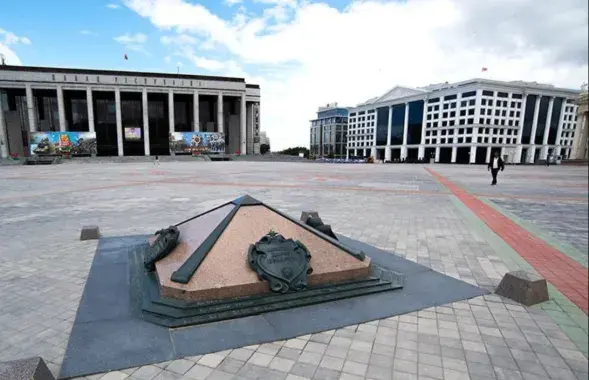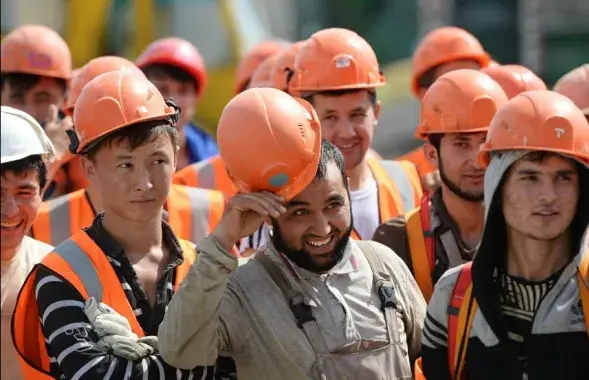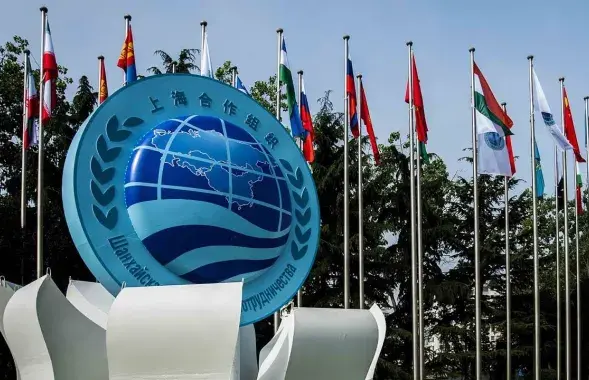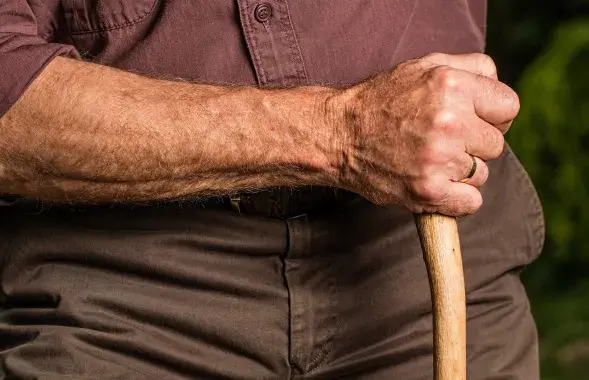Blood donors to keep transport benefits in Mahilyou
Precisely speaking, the benefits have not been restored. Blood donors will simply keep their privileges. Under the Law on Donors, local authorities are allowed to create additional benefits for blood donors. The authorities in Mahilyou took care of “their” honorable donors as far back as in 1998, the European Radio for Belarus has learned.
According to Victoria Yarakhovich, a staff at the regional blood transfusion center in Mahilyou, that was made possible thanks to the persistency of only one man.
“We used to have one donor who actually went to the local authorities and succeeded to secure this benefit. Courtesy of this, honorable blood donors have been entitled to free rides on the public transport since 1998”, she said.
When Belarusian MPs passed a law to abolish a number of state benefits last summer, blood donors in Mahilyou remained with the local benefits. The European Radio for Belarus has learned that the government wanted to abolish the local benefits, too. But, according to Barys Goldenberg, the chief doctor at the regional blood transfusion center in Mahilyou, the number of active donors has dropped by half since summer.
“In December, we were faced with the question: to keep or abolish the benefits. We approached the city hall, and the local government understood us. Given that there is a problem with blood donors in Mahilyou, the local government decided to keep the benefits”, Goldenberg told the European Radio for Belarus.
But only those donors, dubbed honorable (who have donated blood at least 40 times and have donated blood plasma at least 60 times), will be entitled to free rides on the public transport. However, there is still a shortage of donors in the city, complaints the doctor.
“We still experience a deficit of donors. I can only imagine what would have happened if we did not take these measures”, he said.
It is interesting that when donors stopped donating blood after they learned about the abolition of benefits, BRSM (the state-sponsored national youth association) stood up to help. It promised that fellow members would donate blood free of charge. However, not a single blood drop has been donated yet, says Barys Goldenberg.
“They promised to stage actions among students and schoolchildren and workers from the ranks of their members to donate blood free of charge. But we have not seen anything yet”.
In the capital city of Minsk, even honorable donors will pay their transport fares, because there are no legal procedures at the local level to secure this benefit for them.
“If they approached us, we would have studied this issue. But nobody has come to us,” say officials at the Minsk City Hall.
Mikhail Patapnyuk, the director of the National Center for Hematology, told the European Radio for Belarus that it would possibly “be worth studying this issue”. However, he notes that the initiative should originate from the donors’ association.
Photo: www.photosight.ru
